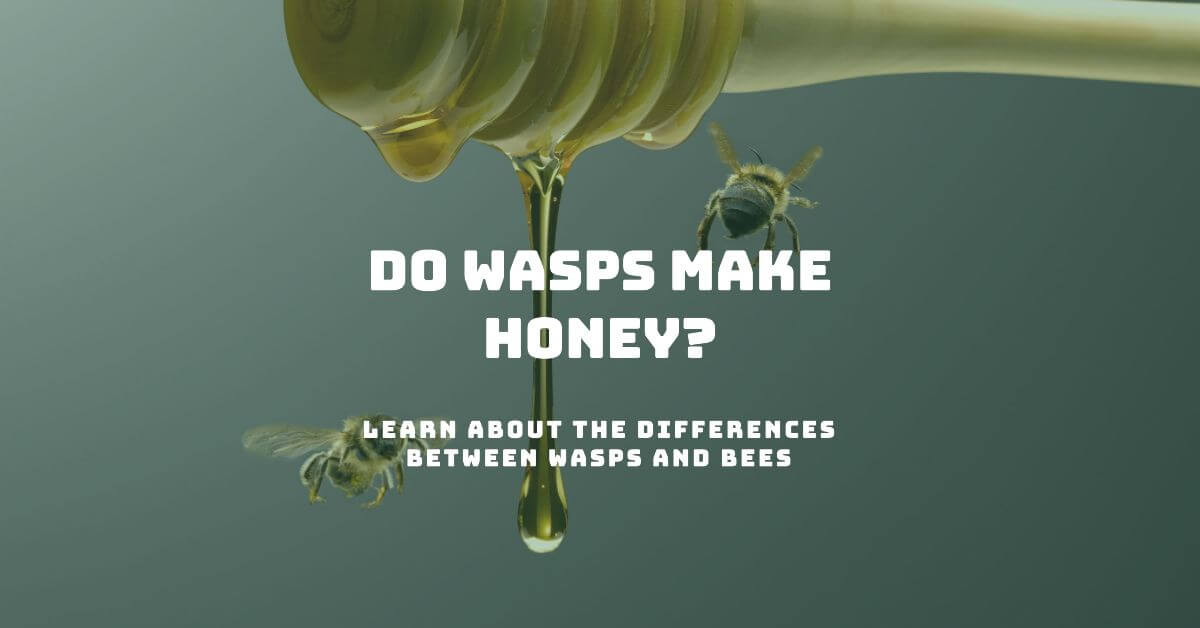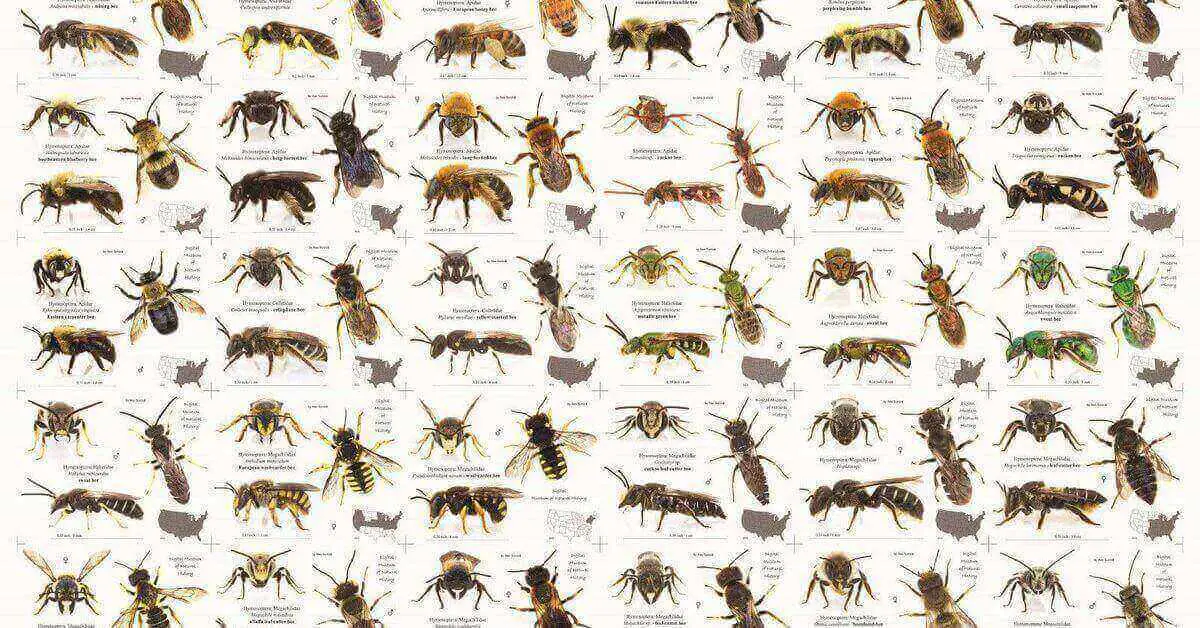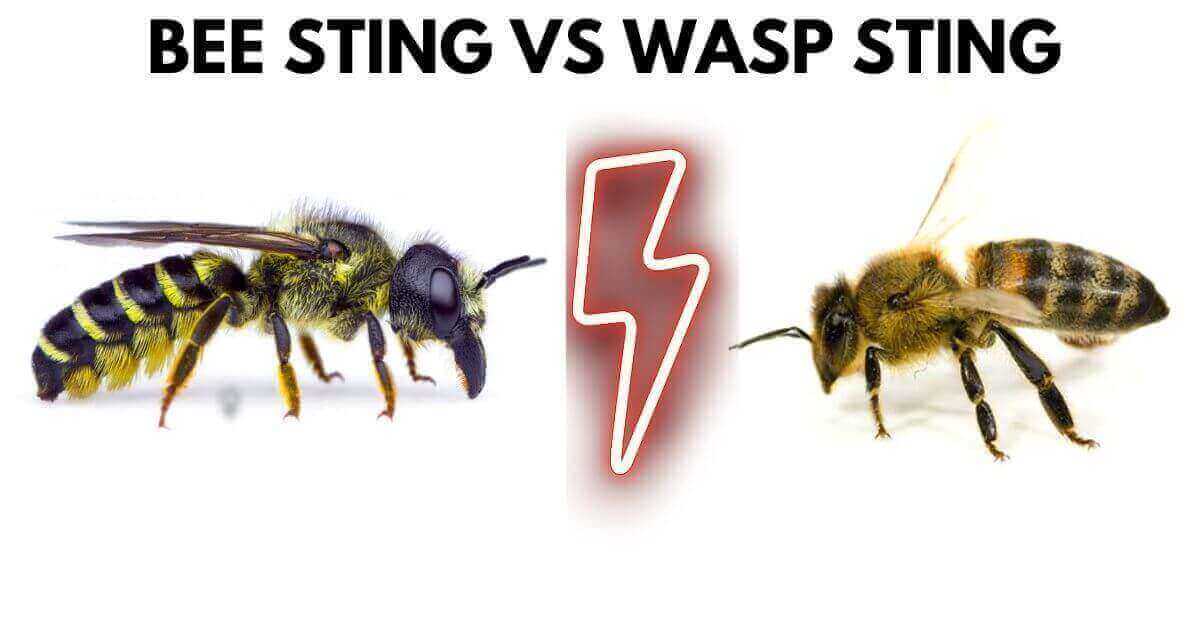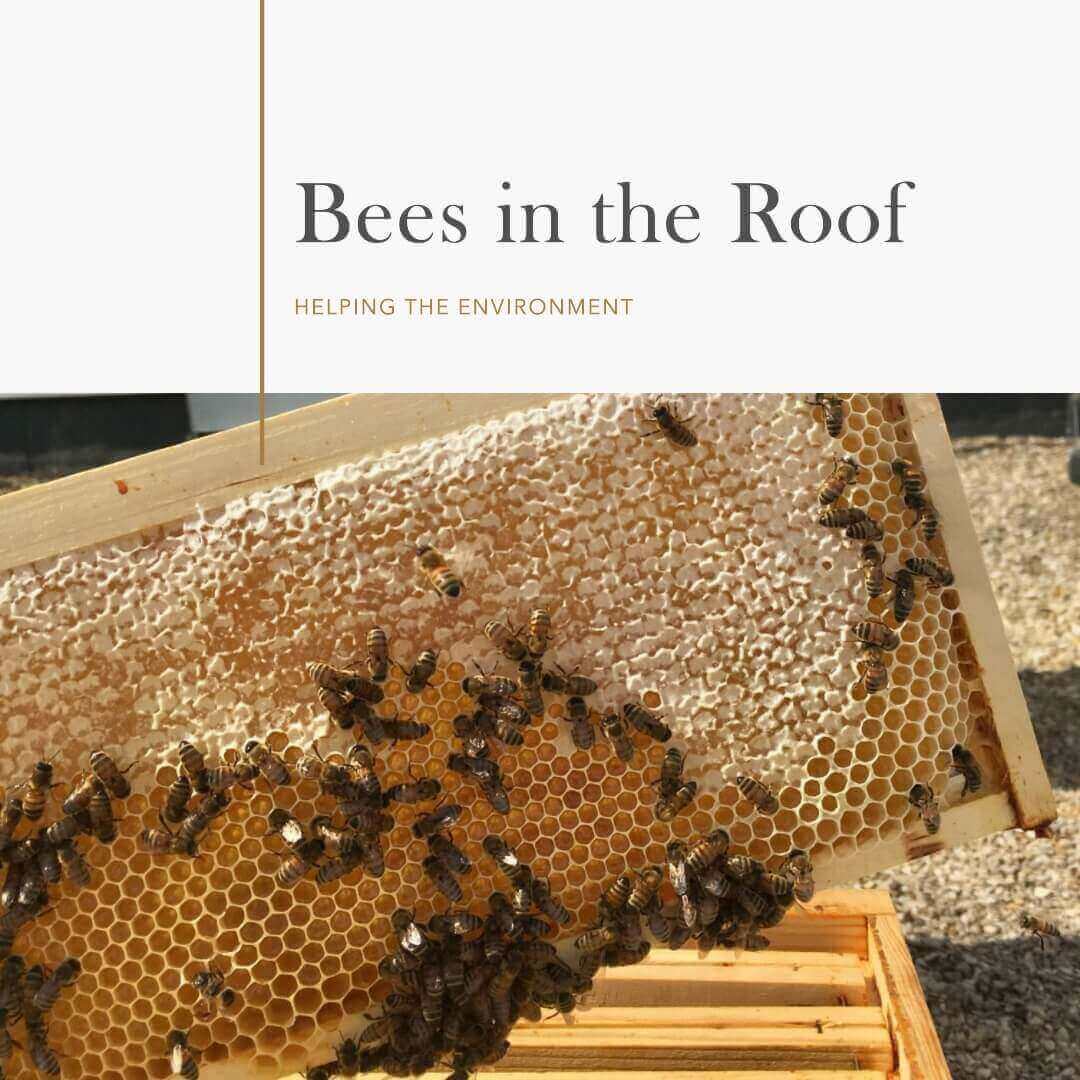In the fascinating world of insects, wasps stand out for their remarkable abilities and contributions to the ecosystem. While bees are widely known for their honey production, wasps also play a vital role in nature. This article explores the diverse facets of do wasps make honey, their nest-building behavior, and the intriguing honey they produce. Throughout this comprehensive study, we will delve into the differences between wasp honey and bee honey, uncovering the unique characteristics of each.
Do Wasps Make Honey?
Wasps, much like bees, are social insects that live in colonies. They predominantly belong to the suborder Apocrita, sharing a common ancestor with bees and ants. However, unlike bees, wasps do produce a type of honey, known as “wasp honey.” These insects are nectar feeders and collect plant nectar to convert it into honey within their nests. Wasp honey serves as a vital energy source for their colonies, helping to sustain and nurture their members, especially during times of scarcity.
How does Wasp Make Honey?
In contrast, wasps have a different diet and lifestyle. Wasps are carnivorous predators, feeding primarily on insects and other small creatures. Some species of wasps also have a preference for sugary substances, like nectar or fruit juices. However, wasps do not store or produce honey in the same way honeybees do. They do not have the specialized adaptations, such as the honey stomach and enzyme production, that allow honeybees to process and store nectar as honey.
Honey Making Wasps
Here are the List of Wasps which make Honey.
| Name of Wasp |
| European Honeybee |
| Asian Honeybee |
| African Honeybee |
| Mexican Honey Wasp |
| Brazilian Wasp |
| Indian Honey Wasp |
Wasps which do not make honey
Here are the list of Wasp which do not make honey.
| Name of Wasp |
| Yellow Jacket Wasp |
| Paper Wasp |
| Mud Dauber Wasp |
| Bald-faced Hornet |
| Velvet Ant |
| Cuckoo Wasp |
Do Wasps Make Honeycomb?
Wasps are master builders, and their nests, known as “paper nests,” exhibit remarkable architectural skills. Unlike bees, which create beeswax combs to house their colonies, wasps construct their nests from a unique blend of plant fibers mixed with saliva. The resulting material creates a paper-like structure that forms the characteristic hexagonal cells within the nest.
What Do Wasps Make?
Wasps are diverse in their feeding habits and play an essential role in controlling insect populations. Apart from producing honey, they are primarily carnivorous, feeding on other insects and arthropods. Some wasp species are parasitoids, laying their eggs within host organisms, which eventually become food for their developing larvae. This natural pest control is crucial for maintaining ecological balance.
What Does Wasp Honey Taste Like?
The taste of wasp honey differs significantly from that of bee honey due to variations in the nectar sources and enzymes involved in the honey-making process. Wasp honey tends to have a milder and less sweet flavor profile, with subtle floral notes. Its unique taste is influenced by the diverse plant species from which the wasps collect nectar, giving it a distinct regional taste.
Wasp Honey vs Bee Honey
The differences between wasp honey and bee honey extend beyond taste. One significant distinction lies in their methods of collection and storage. Bees have specialized pollen baskets on their hind legs to transport nectar, while wasps carry it in their crop or “honey stomach.” Additionally, wasp nests are open combs without the protective wax covering typical of bee honeycombs.
Chemically, the two types of honey also differ. Wasp honey contains fewer complex sugars and higher water content, making it less prone to crystallization than bee honey. Moreover, wasp honey tends to have lower levels of enzymes, which contributes to its milder taste and slower fermentation process.
Related Posts:
FAQ’S
No, wasp honey is not edible. Wasps do not produce honey like bees.
Wasps do not make honey because they have different dietary needs and foraging behaviors compared to bees. They primarily feed on other insects and nectar, but they do not store surplus nectar in hives to produce honey.
No, paper wasps do not make honey. They are also different from honey bees in their social structure and nest-building habits. Paper wasps create nests from a papery material, but they do not produce honey.
Conclusion
In conclusion, wasps are intriguing insects that play a crucial role in nature. They are not just aggressive predators but also skilled builders and honey producers. Understanding the distinctive features of wasp honey and their nest-building behavior enhances our appreciation of these often misunderstood creatures.




